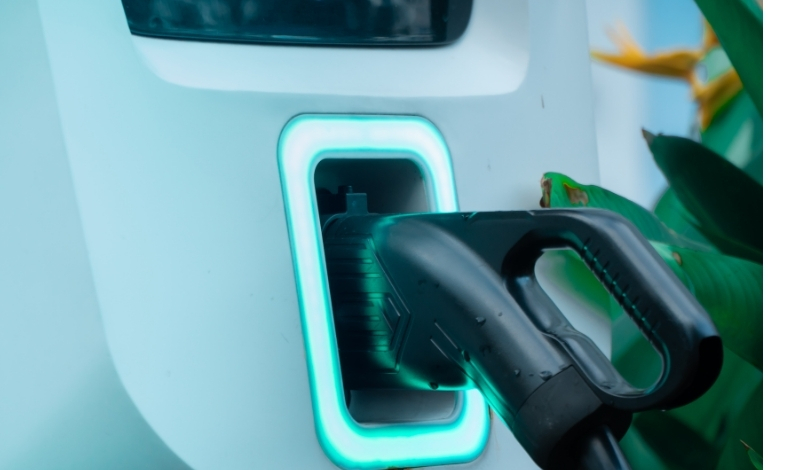Integrating advancements in energy storage with shipboard navigation, the article from IET Energy Systems Integration titled “A reinforcement learning method for two-layer shipboard real-time energy management considering battery state estimation” addresses the pressing need for improved energy management in the maritime industry. As global concerns over environmental impacts intensify, the shift from traditional fossil fuels to sophisticated energy systems on ships is critical. This research underscores the importance of optimal energy management frameworks to avoid inefficiencies and reduce operational costs and emissions.
In response to the growing environmental concerns, the authors propose a two-layer shipboard energy management framework. The initial stage involves formulating a shipboard navigation planning problem that integrates battery state estimation. This is solved via particle swarm optimization to derive an optimal speed trajectory, thereby laying the groundwork for efficient navigation.
Reinforcement Learning for Real-Time Management
Building upon the navigation planning, the second phase introduces a reinforcement learning method based on a deep Q-Network. This approach is designed to manage real-time energy distribution between the diesel generator and the energy storage system. By ensuring the state of charge remains within safe limits, the method enhances operational performance and prevents excessive discharge of energy storage systems.
The numerical results provided by the authors highlight the necessity of such a method. The results indicate significant improvements in energy efficiency and cost reduction, validating the efficacy of the proposed two-layer framework. This improvement is critical not only for operational efficiency but also for meeting the stringent environmental regulations imposed on the maritime industry.
The proposed framework addresses the dual challenge of energy efficiency and environmental sustainability, contributing to the broader goal of reducing carbon emissions from the shipping industry. By optimizing both navigation and real-time energy management, the framework represents a holistic approach to modernizing maritime operations.
When compared to previous studies, which primarily focused on either navigation optimization or energy management in isolation, this integrated approach provides a more comprehensive solution. Earlier methods often overlooked the interconnected nature of navigation and energy management, leading to suboptimal outcomes. This new approach, however, ensures that all aspects of shipboard energy use are considered in tandem, resulting in more effective overall performance.
Similar strategies have been explored in recent years, but they typically lacked the combination of particle swarm optimization and deep Q-Network based reinforcement learning. These earlier strategies achieved some level of efficiency but did not fully address the real-time dynamic nature of shipboard energy management. The current framework’s innovative integration offers a more robust and adaptive solution.
Insights and Future Directions
The implementation of this two-layer framework could significantly influence the shipping industry’s approach to energy management. By combining advanced optimization techniques with real-time adaptive methods, this solution addresses both long-term planning and immediate operational needs. For industry stakeholders, understanding and adopting such integrated frameworks could lead to substantial gains in efficiency and compliance with environmental standards.
Looking forward, further research could explore the integration of additional renewable energy sources into this framework. Additionally, developments in artificial intelligence and machine learning could offer even more precise optimization and control mechanisms. As the shipping industry continues to evolve, such innovative approaches will be essential for achieving sustainable and efficient operations.










